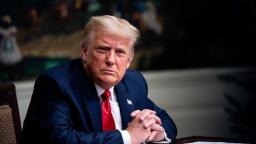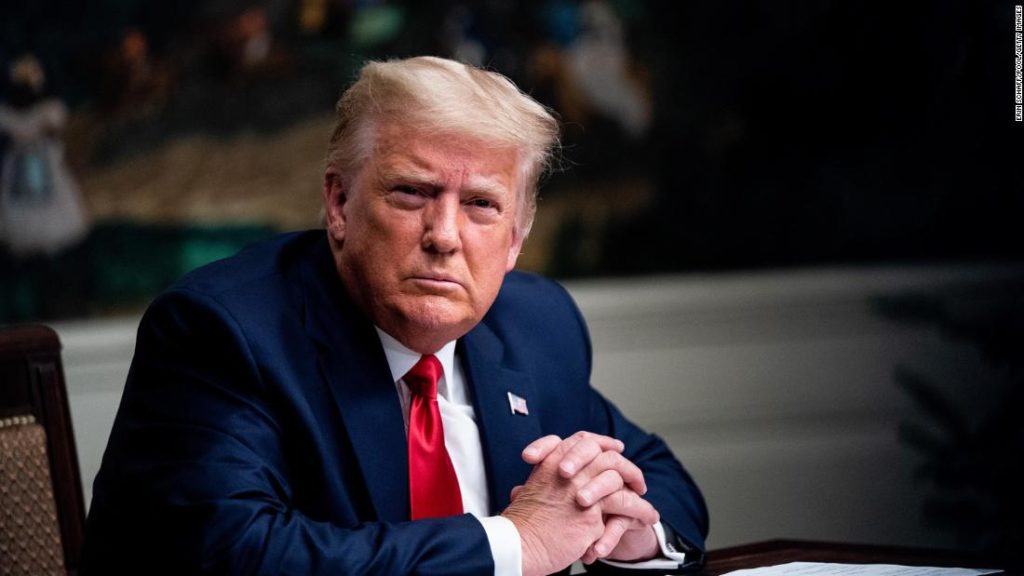
Trump’s presidency drove historic turnout and record donations to political campaigns in a country whose voters have often shown a disinterest in politics.
It’s difficult to understate what an achievement this turnout rate is. A 66.7% turnout rate shattered the previous high since 18-year-old’s got the vote of 61.6% in 2008. (The 2008 campaign featured the election of the first Black presidential major party nominee in Barack Obama.) Turnout before 2020 never broke 140 million.
What’s amazing is how far back you have to go to beat 66.7% for a turnout rate in a presidential election. There wasn’t a higher turnout rate in either the 20th or 21st century.
It would be easy to think that the coronavirus pandemic caused record turnout. It may have played a role, though it’s been clear for more than a year that the 2020 dynamic was going to be unique.
The 2018 turnout rate was by far the highest in a midterm since 18-year-olds got the vote. It had never previously topped 42% during this era.
Indeed, you have to go back more than 100 years (to 1914) to find higher turnout in a midterm election.
The strong feelings toward Trump also drove record donations to political candidates up and down the ballot.
In the House races, candidates raised $1.9 billion. Again, that’s a record for any cycle. The next highest total was in 2018 with Trump in the White House. During the midterm cycle, $1.7 billion was raised by House candidates.
Before 2018, the highest total raised was just a little bit more than $1.1 billion.
The fact that candidates up and down the ballot were able to raise so much money is the encapsulation of what the Trump era is about. The interest in elections during the past four years isn’t just about Trump the individual. It’s about everything around Trump and everything that can strengthen or lessen the power he has.
What will be interesting to see is what happens from here. Without Trump in the White House will political interest drop? Or have we entered a new era where more Americans care about politics.
We’ll just have to wait and see.
You may also like
-
UK coronavirus variant has been reported in 86 countries, WHO says
-
NASA technology can help save whale sharks says Australian marine biologist and ECOCEAN founder, Brad Norman
-
California Twentynine Palms: Explosives are missing from the nation’s largest Marine Corps base and an investigation is underway
-
Trump unhappy with his impeachment attorney’s performance, sources say
-
Lunar New Year 2021: Ushering in the Year of the Ox

